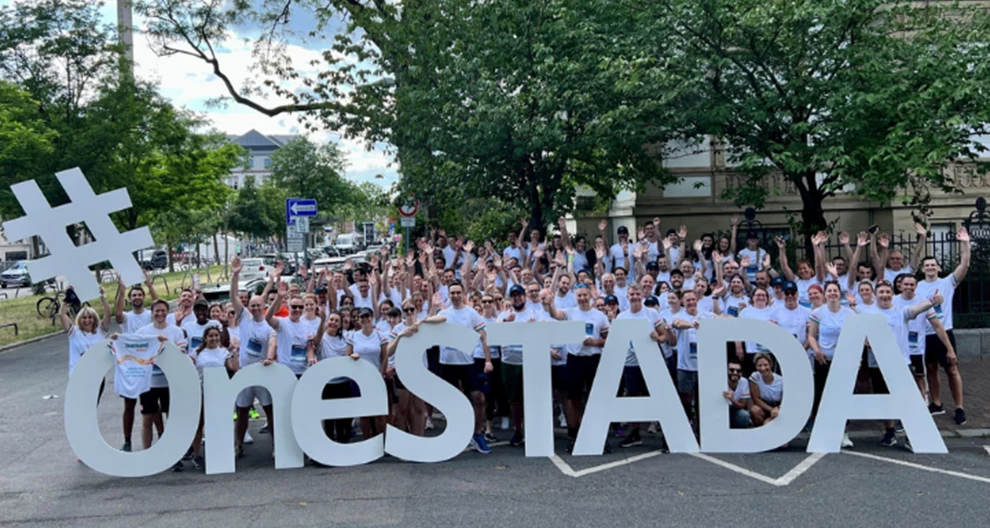
Head of Sales Force Effectiveness
Select your country
Websites worldwide
Select a country to go to the website of the respective STADA sales company.
Australia (1)
Austria (1)
Belarus (1)
Belgium (1)
Bosnia-Herzegovina (1)
Bulgaria (1)
China (1)
Croatia (1)
Czech Republic (2)
Denmark (1)
France (1)
Hungary (1)
Ireland (1)
Italy (1)
Montenegro (1)
Netherlands (2)
Poland (1)
Portugal (1)
Romania (1)
Serbia (1)
Slovakia (1)
Slovenia (1)
Spain (1)
Switzerland (1)
Thailand (1)
The Phillippines (1)
United Kingdom (3)
Vietnam (2)
We strongly believe that attitude accelerates performance. Therefore, we are looking for you if you are agile and team-oriented and have an entrepreneurial spirit. As a OneSTADA team, we act in a dynamic working environment where everyone is unique, and we recognize our differences as our strengths.
do the right thing, when no one is watching!
Integrity
grow from change and challenges!
Agility
dream big and make it happen!
Entrepreneurship
leverage the power of the Team!
One STADA
Discover why STADA is the place to be where people are at the centre of all our activities. We offer exciting opportunities for personal growth and achievement to every member of the STADA team. Our team embraces challenges and always creates new opportunities.
Working at STADA is a unique journey for each of our team members. We offer varied and exciting roles from graduate jobs to expert positions, spanning a range of skill sets in different areas - not only related to the pharmaceutical industry, but also in the area of supply chain management, marketing, finance, project management and more. The functional areas we work in are:
As a further confirmation that we live up to our purpose by caring for our employees, STADA is recognized as a Top Employer Europe 2025. This recognition from the independent international certification body confirms that our People & Culture practices are in line with the highest international standards. The certification emphasises our unique growth culture and a work environment that enables our employees to thrive.
You can become part of the STADA team in two ways. Apply directly for an advertised vacancy, or make a general application to join our talent community.
Learn more about our application process to kickstart the next step in your career with STADA.
Explore our range of positions available at STADA. It only takes a few minutes to provide your details and upload your CV on our job portal.
We will confirm that we have received your application by email.





